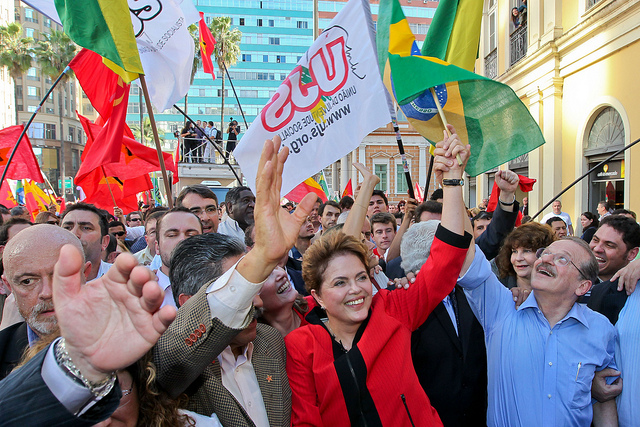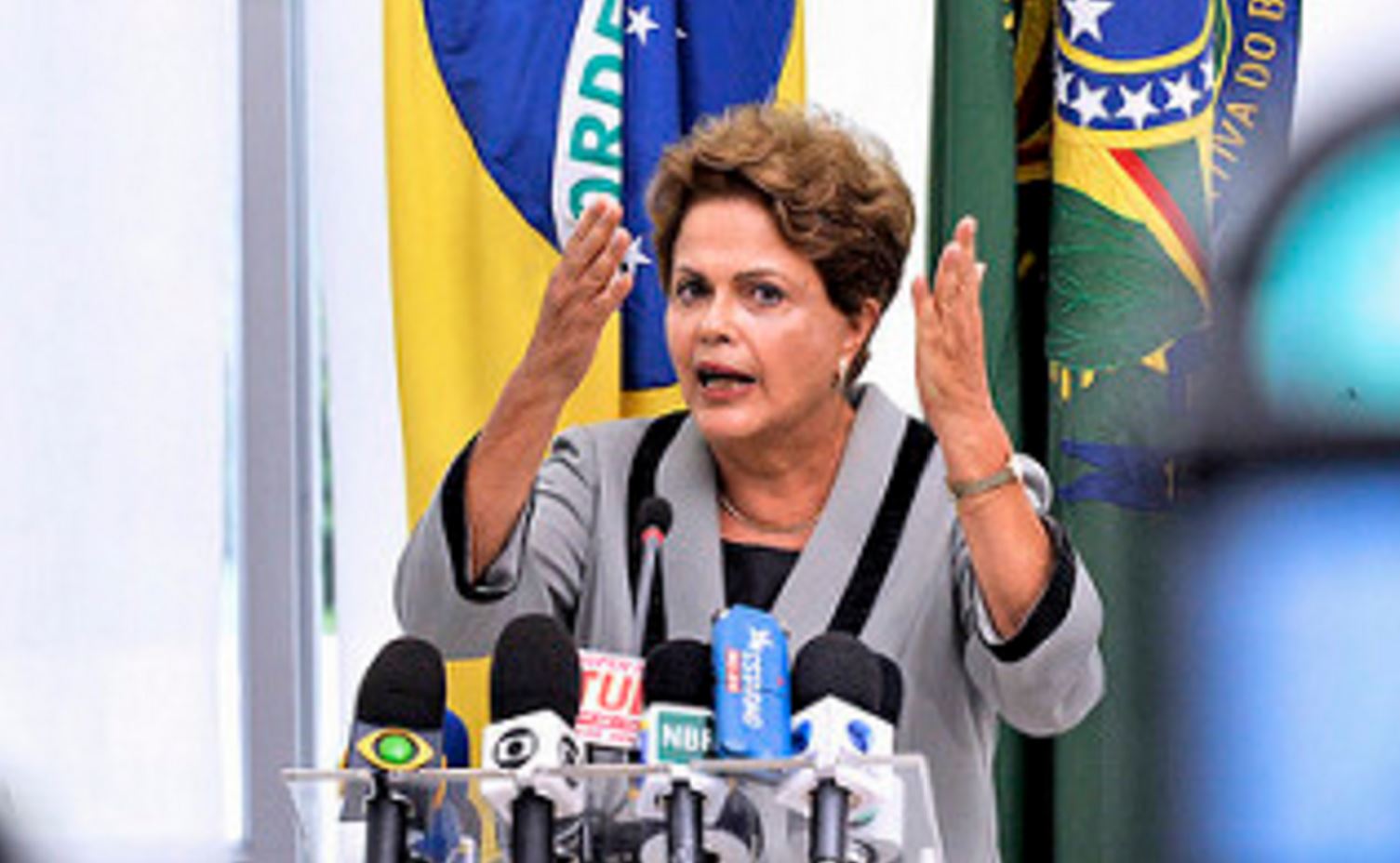With so many headlines recently over politics and economics in Brazil, Eaton Vance wants to provide an update on recent events and the market volatility that has followed.
Over the past two years, Brazil’s economy has suffered from a terms-of-trade shock as well as simultaneous fiscal and political crises. These shocks have led to seven straight quarters of economic contraction (the longest recession since at least the Great Depression era of the 1930s) and multiple credit rating downgrades, leaving Brazil’s sovereign credit rating back in “junk” territory by all of the major ratings agencies.
With the exception of large currency depreciation, says Matt Hildebrandt, Global Credit Strategist at Eaton Vance, Brazil’s progress adjusting to these shocks has been limited. Fiscal deficits have grown larger and public debt levels higher with no sign of debt sustainability in sight. To make matters worse, President Dilma is currently defending herself in congressional impeachment hearings while former President Lula and the heads of both of the lower and upper houses of Congress have been implicated for corruption from testimony received from the ongoing Operation Carwash investigations.
According to the expert, Brazilian assets have rallied the last few weeks, as the market has interpreted negative news related to President Dilma as positive for the country. The thinking is as follows: Dilma’s removal may ease the political gridlock currently paralyzing the policy process, which would allow the government to develop and implement a plan that puts the country’s debt trajectory on a sustainable path and that improves the economy’s competitiveness. Such thinking may prove correct in the long run, but impeachment will likely be a messy process and even if Dilma is removed, the political establishment will still be plagued by unscrupulous personalities, vested interests and party factions. The path to debt sustainability and greater economic competiveness will be a long one.
From a long-run perspective, Eaton Vance thinks Brazilian assets offer a lot of attractive opportunities. But, the recent market rally has priced in the best possible near-term outcome even though the outlook is fluid and uncertain.
“Expect more market volatility in Brazil in the months to come until the government, regardless of who is running it, is able to articulate and implement a more coherent policy path forward. Only at that point will we be able to say that there is some light emerging at the end of the tunnel”, concludes Hildebrandt.


 By Fórmate a Fondo
By Fórmate a Fondo